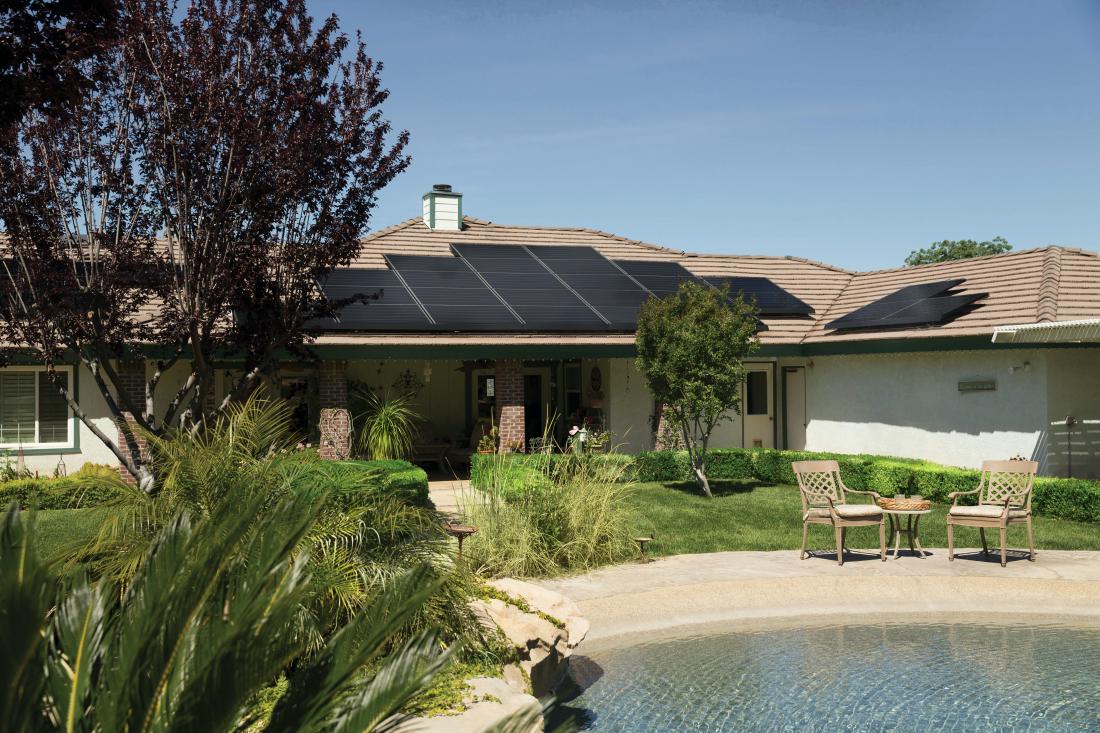
If you’re buying a house with solar panels, you do need to be aware of certain checklists and procedures, in order to avoid a problem later on.
There are several reasons why solar panels have proved popular with homeowners:
-
Environmental benefits of using renewable energy rather than fossil fuels
-
Cheap or free electricity for the home
-
Feed In Tariffs that pay the homeowner for the green energy they generate
When Feed In Tariffs were introduced in 2010 they were very generously funded. With this incentive, it’s estimated that over 900,000 solar panels have been installed across the UK. But the Feed In Tariff has reduced significantly since 2012 and it was abolished for new installations after 31st March 2019.
There are two ways in which solar panels are owned:
-
Leased solar panels
-
Fully owned solar panels
In most cases where solar panels were installed, the panels were fitted free of charge by a solar power company. The homeowner then leased the panels to the power company, usually for a 25 year term. The power company then took the benefit of the Feed In Tariff. The homeowner had low energy bills plus the prospect of the Feed In Tariff after 25 years.
However, over time some drawbacks have become apparent:
-
Some mortgage lenders have issues with the fact that a large part of the roof is leased to a solar power company, not owned outright by the homeowner.
-
If the power company has assigned the management of the panels to an agent, the agent may charge an extensive fee when the house is sold.
-
The terms of the lease with the power company may mean that the homeowner has to gain their consent to extend the house or even to sell it! There may also be a clause that means the homeowner has to pay compensation for lost revenue if the solar panels have to be temporarily removed for roof repairs.
-
A large number of the original solar power companies have ceased trading so it may prove difficult to find out who owns the panels.
If the homeowner owns the panels outright, these problems will not apply. However, if you buy a house and take ownership of the panels, you will be responsible for maintenance costs which can be expensive – most solar panels have an operating shelf life or 20-25 years. you should also ensure your insurance company is aware of the presence of solar panels.
The issues outlined above can often be resolved. Most mortgage lenders will agree to a loan provided the lease meets certain conditions.
For example:
-
The installing company is properly accredited.
-
The installation is approved and insured
-
The panels can be removed without penalties for missed Feed In Tariff payments.
If you have any queries regarding commercial leases, please contact Nick Morrison on 01494 893568.